Can Red Breasted Parakeets Talk? Discover the Truth About Their Vocal Capabilities
The short answer is red breasted parakeets can talk, but not all of them will learn to do so.
Red breasted parakeets (psittacula alexandri) otherwise known as moustached parakeets are known for their vibrant colors and charming personalities. Many people wonder if these birds can talk like some other parrot species. The answer is yes, red breasted parakeets can talk, but not all of them will.
As with most parrot species, the ability to talk is not guaranteed and varies from bird to bird. Some red breasted parakeets will never learn to talk, while others may surprise their owners with their extensive vocabulary. It is important to note that male parakeets tend to be better talkers than females.
If you are interested in teaching your red breasted parakeet to talk, it is best to start when they are young. Young birds have a better chance of learning new words and phrases and are more receptive to training. Consistency is key when it comes to training your bird, so make sure to work with them regularly.

It is also important to keep in mind that not all red breasted parakeets will enjoy talking or even want to learn. Some birds may prefer to communicate through other means, such as whistling or mimicking sounds. As with any pet, it is important to respect your bird’s individual personality and preferences.
Understanding Parakeet Speech
To train a parakeet to talk, it requires dedicated time, patience, and consistent training. The process involves repeating words or phrases to the bird, rewarding it with treats or praise, and gradually increasing the difficulty of the words or phrases.
It is important to note that parakeets do not have vocal cords like humans do. Instead, they have an organ called a syrinx, which allows them to create sounds. This means that parakeets do not actually “talk” in the true sense, but rather mimic sounds that they hear.
In addition to mimicking human speech, parakeets also have their own unique vocalizations. They can chirp, whistle, and even sing. A happy parakeet will typically be tweeting a song, talking, or even mimicking sounds they hear often.
Speech Capabilities of Red Breasted Parakeets

Red breasted parakeets are native to Southeast Asia and are known for their vibrant and colorful appearance. One question that often arises is whether these birds are capable of speech. While they are not as well-known for their talking abilities as some other parrot species, they do have some speech capabilities.
Vocabulary Size
Red breasted parakeets are capable of learning a small vocabulary of words and phrases. However, their vocabulary size is generally more limited than that of other parrot species.
Clarity of Speech
While red breasted parakeets can learn to mimic words and phrases, their speech is generally not as clear as other parrot species. This may make it more difficult for humans to understand what they are saying. Additionally, some red breasted parakeets may have difficulty pronouncing certain sounds, which can further impact the clarity of their speech.
Factors Influencing Speech in Parakeets
Apart from the inclination and ability of your parakeets to imitate speech, the environment and training you provide are the primary factors that affect their ability to speak.
Environment

The environment in which a parakeet lives can have a significant impact on its ability to learn and speak. Parakeets that live in a noisy or stressful environment may have difficulty focusing on learning words and phrases. On the other hand, a calm and undisturbed space can aid a parakeet’s concentration on the words being imparted.
Providing toys and interaction can also help keep a parakeet engaged and interested in learning. Parakeets are social birds and enjoy interacting with their owners. Therefore, providing toys and interaction can help a parakeet develop its speech ability.
Training
Training is another crucial factor that influences a parakeet’s ability to talk. Consistency is key when training a parakeet to talk. Owners should set aside a regular time each day to work with their parakeet on learning new words and phrases.
Owners should also use positive reinforcement when their parakeet makes progress in learning new words. Praising and rewarding the parakeet for its efforts can help motivate it to continue learning.
Comparing Red Breasted Parakeets to Other Talking Birds
Compared to other talking birds, Red Breasted Parakeets are not as skilled at talking as some other species. African Grey Parrots, for example, are known for their exceptional talking ability and are considered one of the best talking birds. They have the ability to learn and mimic a large vocabulary of words and phrases with remarkable accuracy.
Another bird that is known for its talking ability is the Amazon Parrot. These birds are highly intelligent and can learn to mimic a variety of sounds, including human speech. They are also known for their playful and affectionate personalities, making them popular pets among bird enthusiasts.
While Red Breasted Parakeets may not be the best talking birds, they make up for it with their charming personalities and vibrant colors. They are playful and affectionate birds that love to interact with their owners. With proper training and socialization, they can become great companions for bird lovers.
Read Next: How Big is a Moustached Parakeet in Inches? A Comprehensive Guide
Conclusion
Red breasted parakeets can learn to talk, but their ability to mimic sounds and words varies from individual to individual. With patience and consistent training, these colorful and engaging birds can develop a vocabulary of words and sounds.
It is important to note that not all red breasted parakeets will learn to talk, and gender can also play a role in their ability to mimic. Additionally, repetition is key in teaching these birds to mimic sounds and words.
When considering a red breasted parakeet as a pet, it is important to provide them with a stimulating environment and plenty of socialization to encourage their vocal development. Providing them with a variety of toys, perches, and interaction with their owners can also help keep these birds happy and engaged.

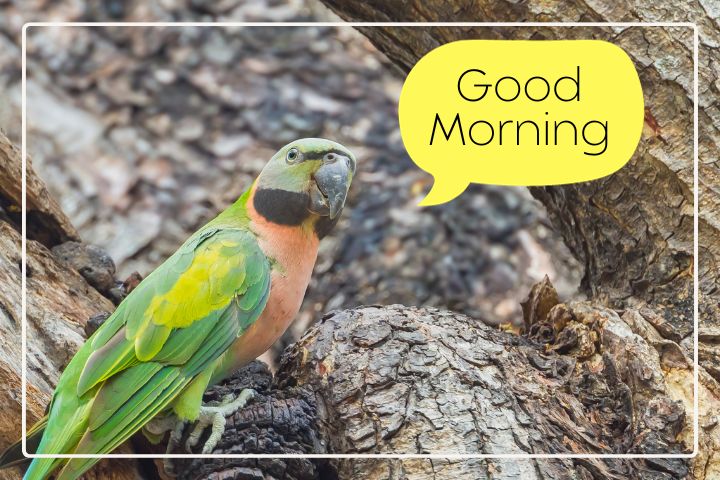
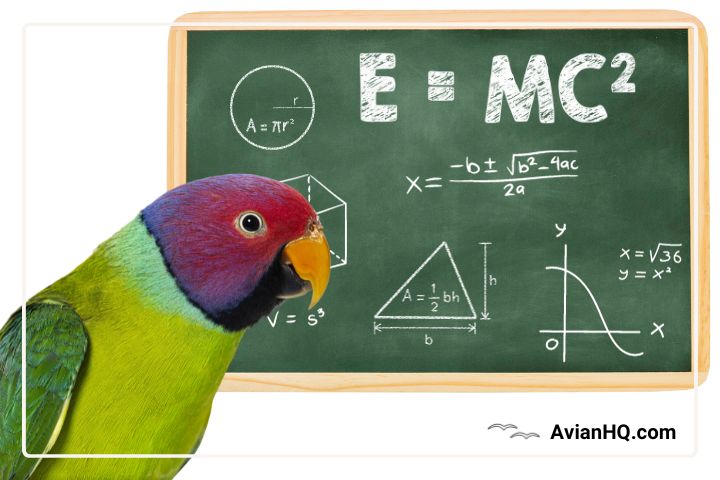

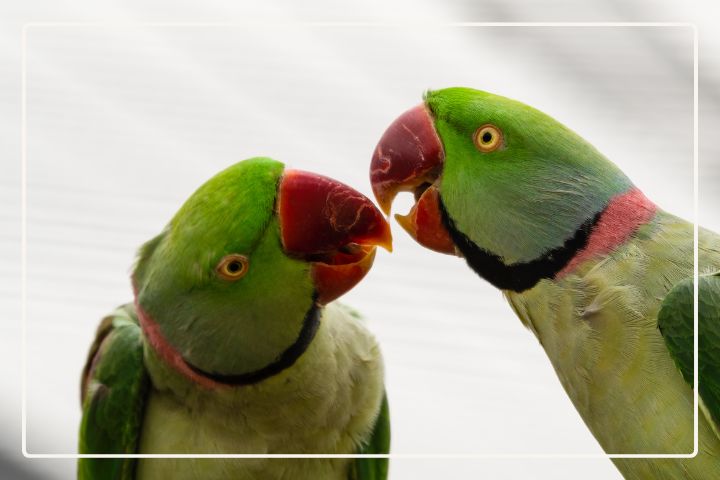

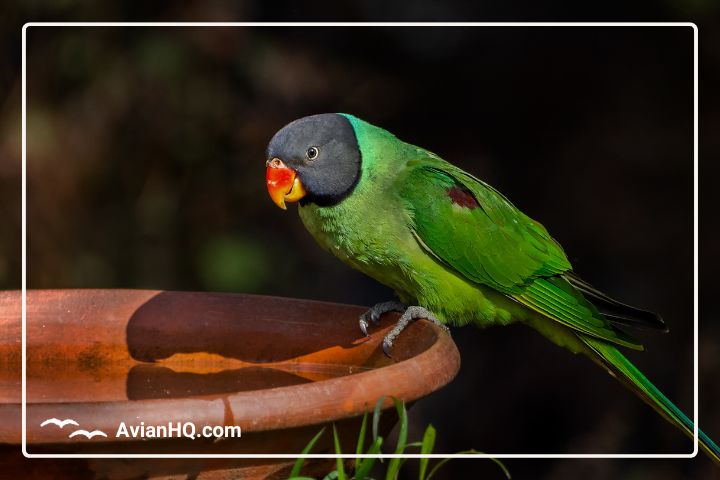
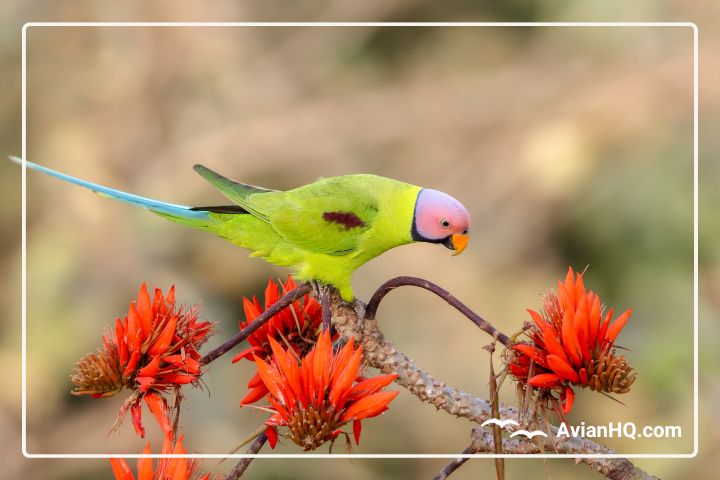
Please let me know if you’re looking for a article writer for your site. You have some really good articles and I think I would be a good asset. If you ever want to take some of the load off, I’d love to write some content for your blog in exchange for a link back to mine. Please send me an e-mail if interested. Cheers!